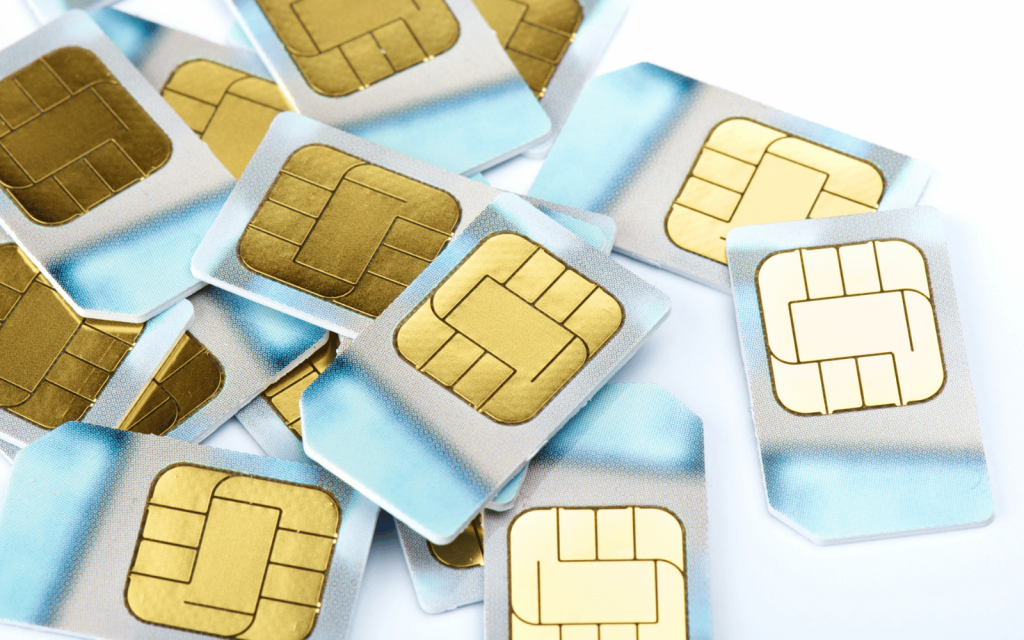MTN South Africa is doing its part to reduce the telecoms industry’s contribution to plastic waste pollution by launching biodegradable SIM cards.
MTN’s calling card
MTN says the raw materials used to manufacture the new SIM cards are 100% FSC (Forest Stewardship Council) certified. The FSC is an organisation that promotes responsible forest management. This means the materials come from “responsibly managed forests that provide environmental, social and economic benefits.”
The network provider claims that these new cards will degrade within three to six months when placed in the soil, sea, or landfill. It also maintains that eco-friendly SIM cards deliver the same network connectivity, speeds, and security as traditional plastic SIM cards. The cards will begin distribution later this month to MTN stores and partners.
Last year, South Africans bought an estimated 180 million SIM cards, about three times the population. Most are used briefly, usually for special deals, before winding up in a landfill. The chasing of deals and a low price of entry leads to a high amount of churn, also known as “washing machine churn.” Many of these dormant SIMs are eventually disconnected.
Telkom, MTN, Vodacom, and Cell C have all reduced their SIM card sizes in a bid to reduce plastic pollution. Modern SIMs have a modular design with standard, micro, and nano sizes. However, the problem remains that users usually throw the excess pieces away.
Embedded SIMs, also known as eSIMs, a digital form of SIM card, might be a final solution to physical SIM card problems. After biodegradable SIMs, it might be time to start devoting efforts and budgets in that direction. For now, though, anyone looking to switch to MTN can do so in a way that’s a little more friendly to the planet.




